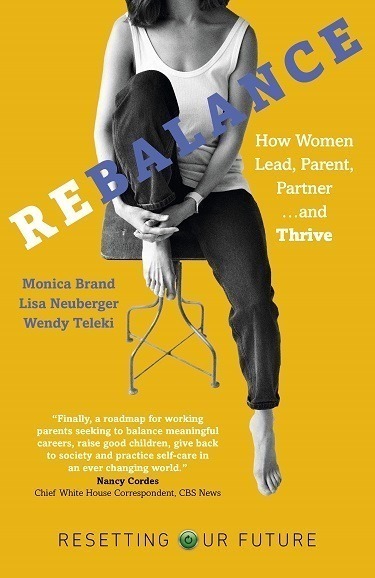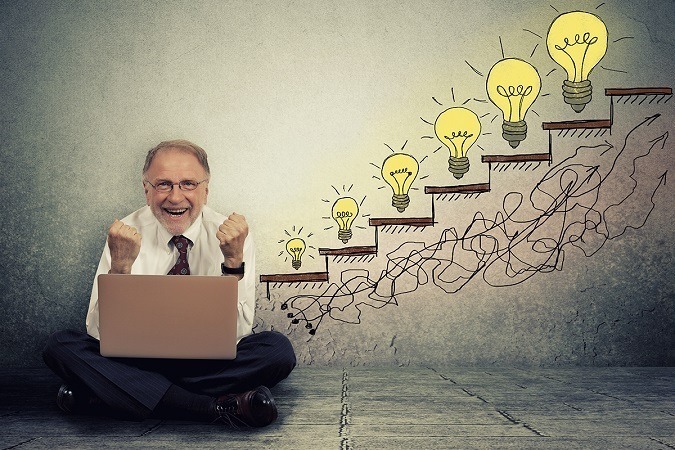Posts Tagged ‘lifelong’
New book provides practical guidance for women (and men) to rebalance our lifestyles and build Cognitive Reserve
On one of our “walk and talks” around the lush trails of Rock Creek Park in DC surrounded by bikers, runners, cars and the occasional deer, Wendy and Lisa talked about aging. Wendy’s mother, who had her children in her early 20s, was still joining the family’s grueling summer hikes with her children and nine…
Read MoreWhat are the most promising lifestyle and tech options to harness lifelong neuroplasticity?
What are the most promising lifestyle and tech options to harness lifelong neuroplasticity, and what are key roadblocks ahead? (recording requires registration; view slidedeck above or Here) Dr. Álvaro Pascual-Leone, Director of the Berenson-Allen Center for Noninvasive Brain Stimulation at Beth Israel Deaconess Medical Center Dr. David Bartrés-Faz, Principal Investigator of the Barcelona Brain Health Initiative (BBHI) Dr. Simone Schurle, Assistant…
Read MoreLet’s master the digital toolkit to harness lifelong neuroplasticity
Let’s master the digital toolkit to harness lifelong neuroplasticity from SharpBrains This presentation took place at the 2016 SharpBrains Virtual Summit (December 6–8th, 2016). –> Learn more about the upcoming 2017 SharpBrains Virtual Summit: Brain Enhancement in the Digital Age (December 5–7th, 2017).
Read MoreFact: Lifelong neuroplasticity means our 7.5 billion brains can “sculpt” themselves
— Much ongoing brain health and brain enhancement innovation is enabled by the core fact—called neuroplasticity–that the human brain continually changes itself through experience. Neuroplasticity–or brain plasticity– refers to the brain’s ability to rewire itself based on experience by generating new neurons and by forming new connections between neurons, among other factors. It was believed for…
Read MoreStudy debunks 4 common myths about brain training and lifelong cognitive enhancement
— If the media is your main source of information about brain training and cognitive enhancement, you will probably believe the following: 1) All brain training is the same… 2) …and it simply doesn’t work. 3) Commercial brain training programs, especially, don’t work. 4) How could they work? Genetics is destiny, aging is a predetermined process…so by age 60…
Read MoreOctober 21st in Tokyo: Your Health in A Virtual World
To celebrate and help prepare for the 2020 Summer Olympics in Tokyo, the Japanese Ministry of Education, Culture, Sports, Science and Technology and the World Economic Forum are hosting a World Forum on Sport and Culture in Tokyo later this week. I’ve been asked to participate in a fascinating session on Friday, October 21st, titled Your Health…
Read More



